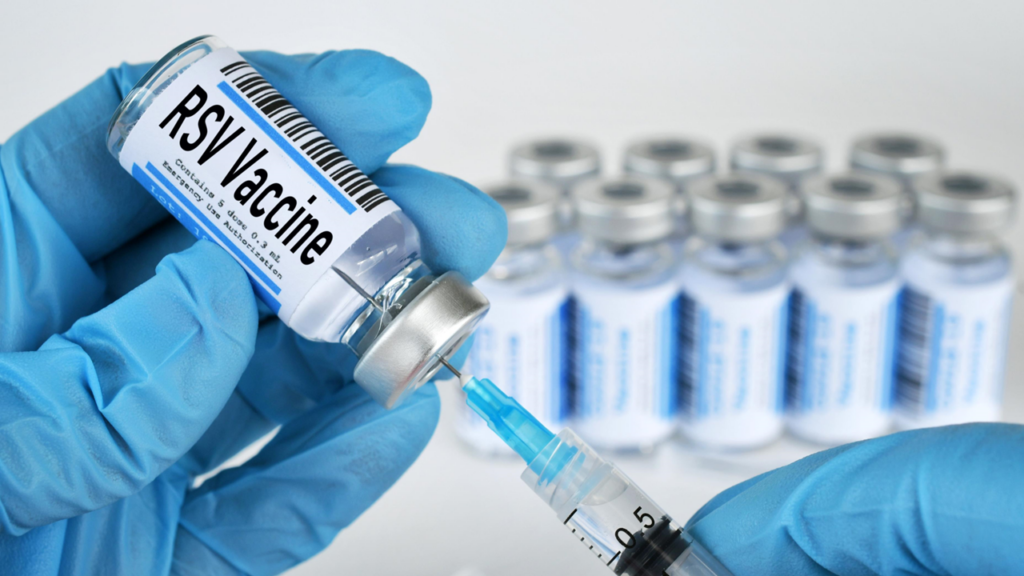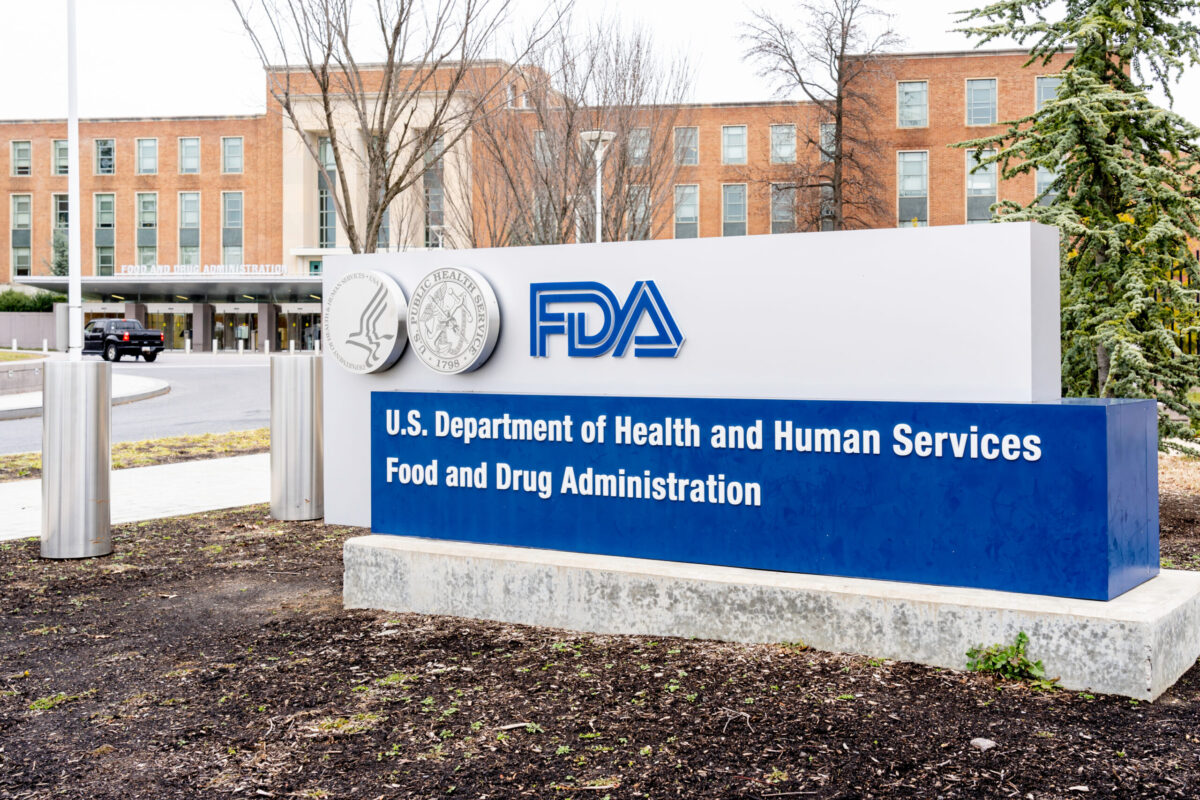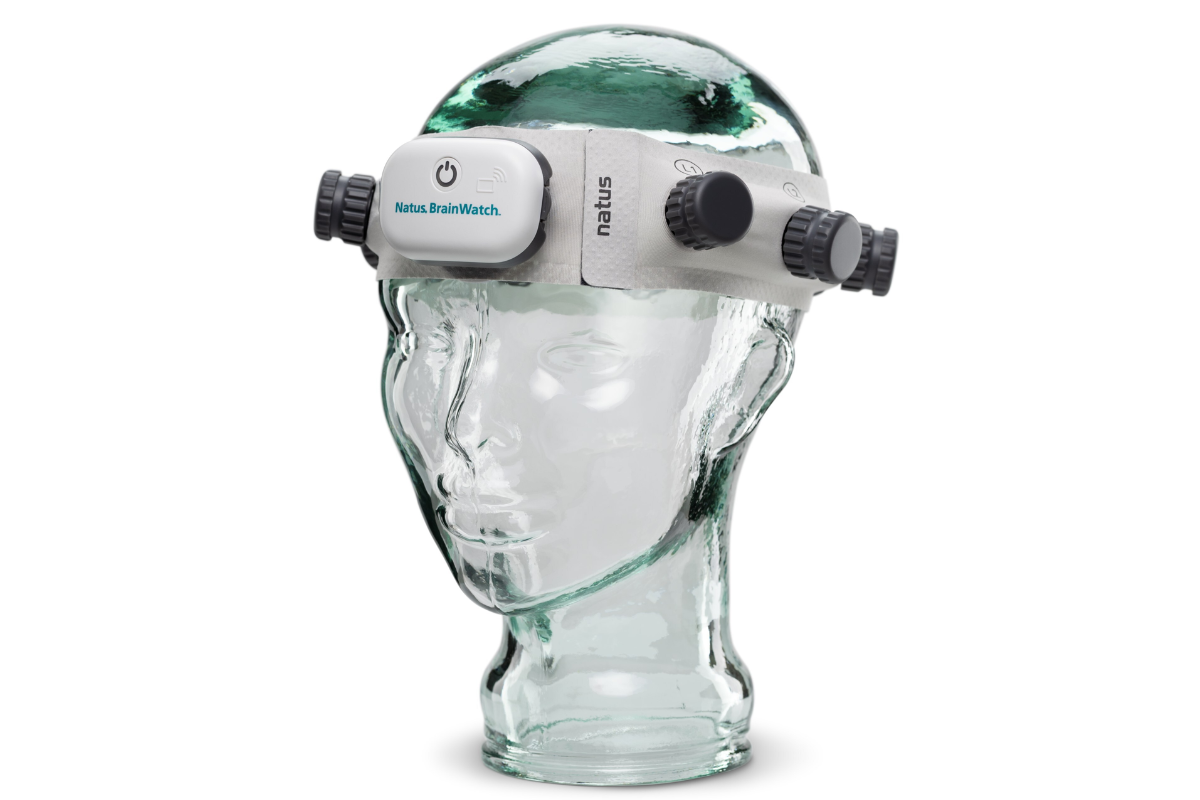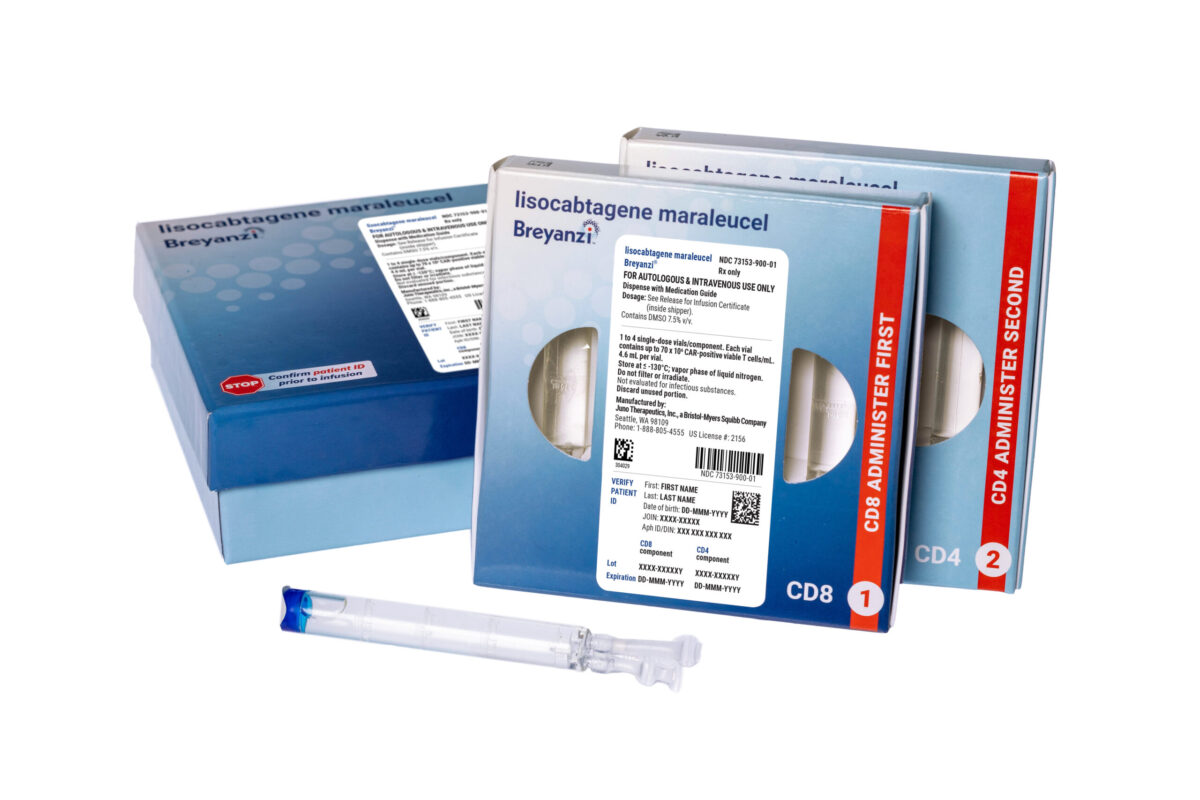GSK’s latest Phase III AReSVi-006 trial data — presented at the CHEST 2024 Annual Meeting — showed that a single dose of Arexvy (Respiratory Syncytial Virus Vaccine, Adjuvanted) offers sustained protection over three full respiratory syncytial virus (RSV) seasons in adults aged 60 and older, including those at higher risk due to underlying conditions.
Each “RSV season” spans the months when RSV infections typically rise and fall. This study adds significant findings to Arexvy’s profile as the first RSV vaccine to show protection over such an extended period.
Approved by the US Food and Drug Administration (FDA) in May 2023, Arexvy is designed to prevent lower respiratory tract disease (LRTD) caused by RSV in older adults. The vaccine uses recombinant RSV glycoprotein F, stabilized in its prefusion conformation (RSVPreF3), along with GSK’s AS01E adjuvant to boost the immune response — the same adjuvant used in Shingrix, its shingles vaccine, but at a lower dose. The trial assessed vaccine efficacy using RSV-LRTD cases, which refer to lower respiratory tract infections caused by RSV, leading to complications like pneumonia. Efficacy was calculated by comparing RSV-LRTD cases in vaccinated individuals against those in a placebo group while adjusting for differences in RSV activity across seasons and among participants of different ages and regions.
The Phase III trial demonstrated that Arexvy showed cumulative efficacy against RSV-LRTD across three RSV seasons. Efficacy over the entire study was 62.9 percent (48 cases in the vaccine group versus 215 in the placebo group), and efficacy against severe RSV-LRTD was 67.4 percent. Specifically, in the third season, vaccine efficacy against RSV-LRTD was 48.0 percent (16 cases in the vaccine group versus 61 in the placebo group). These percentages reflect significant protection across multiple RSV seasons, a key measure of the vaccine’s durability.
Based on these findings, the vaccine could provide long-term protection, particularly for those with chronic obstructive pulmonary disease (COPD), heart failure or diabetes — groups more vulnerable to serious outcomes from RSV.
Arexvy’s safety profile was consistent with earlier Phase III results. The most common side effects in the first season included injection site pain, fatigue, muscle aches, headache and joint pain, generally mild to moderate and resolving within a few days. No new safety issues emerged over the course of the three seasons.
XTALKS WEBINAR: Transitioning Drug Products or Vaccines into a Prefilled Blow-Fill-Seal Drug Delivery Device
Live and On-Demand: Wednesday, November 13, 2024, at 1pm EST (10am PST)
Register for this free webinar to learn about blow-fill-seal (BFS) advanced aseptic technology and why it offers liquid drug products and vaccines significant advantages over traditional glass vials, such as cost efficiency, transportability and improved environmental sustainability.
When compared to other approved RSV vaccines for older adults, Arexvy shows some key differences. Pfizer’s Abrysvo targets both RSV-A and RSV-B subtypes with a recombinant RSV F protein antigen, while Arexvy focuses on RSV-A alone but enhances immune response with the AS01E adjuvant.
Moderna’s investigational mRESVIA vaccine uses mRNA technology, offering a different approach compared to Arexvy and Abrysvo.
The need for RSV vaccines is evidenced by the substantial burden this virus places on older adults. Hospitalization rates can reach 600.7 per 100,000 person-years, with mortality rates as high as 9.1 percent in some regions. The burden is comparable to influenza, highlighting the importance of vaccines like Arexvy in reducing RSV-related complications and hospitalizations in older adults.
However, despite Arexvy’s demonstrated efficacy, demand for RSV vaccines in the US has slowed, following the Centers for Disease Control and Prevention (CDC) guidelines narrowing the recommended age group. The vaccine is now recommended mainly for adults aged 75 and older, and for those aged 60 to 74 with underlying health conditions. This has reportedly led to a two-thirds drop in vaccine demand this season.
Nevertheless, GSK maintains its market lead. In 2023, Arexvy captured two-thirds of US RSV vaccine sales, largely through contracts with major pharmacies. While sales have dipped this year, GSK remains the dominant player, supported by Phase III data and continuing global expansion efforts. Ongoing data collection, particularly on revaccination schedules, will help further clarify its role alongside other RSV vaccines.
GSK plans to continue monitoring Arexvy’s long-term efficacy and safety and will provide further data to guide future revaccination strategies.












Join or login to leave a comment
JOIN LOGIN